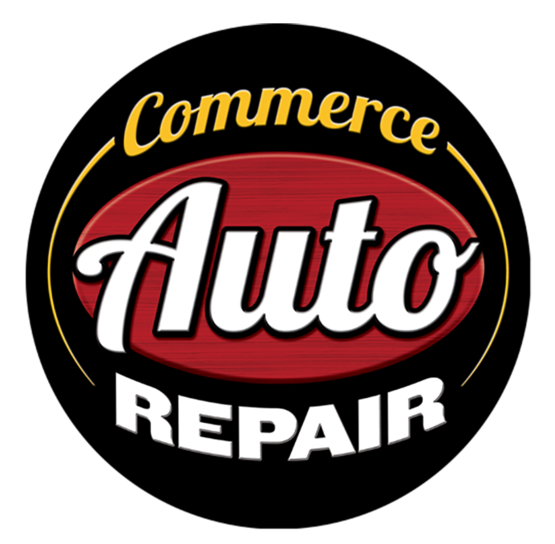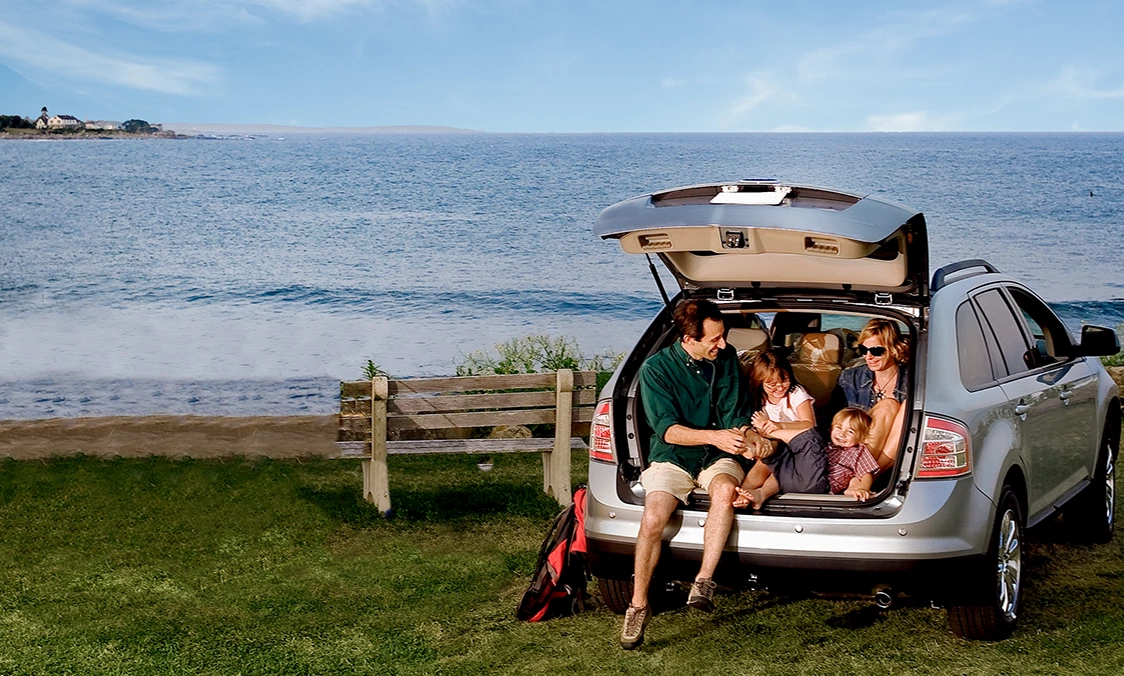Always on Guard (TMPS)
June 11, 2023
One of the most important things you can do to keep your vehicle running safely is to make sure your tires are properly inflated. If one or more is vastly over- or underinflated, that has the potential to cause major handling problems and may result in a dangerous accident.
All vehicles in recent years are equipped with Tire Pressure Monitoring Systems, or TPMS. One system uses small sensors in the tires that continually check the pressure in each tire. That sensor sends a signal to computers in your vehicle which turns on an instrument panel light warning of low pressure when at least one is very low. Or it may update a numeric reading on your instrument panel which gives you an approximation of how many PSI (pounds per square inch) of air is in each tire.
Another system works with your antilock brake system to measure the size of your vehicle’s tires. When one wheel is going faster than another, it will spin faster. A computer sees that and alerts you that tire’s diameter is smaller than the others and therefore must be underinflated.
No matter what system you have, it’s also helpful for you to know how much pressure each tire is supposed to be inflated to. You can find that on a label on the driver’s side door sill. In addition, the TPMS system should not be used as a substitute for checking your tires with a tire gauge since the TPMS accuracy usually isn’t quite as precise. Keep in mind that tire sensors can fail, so each system acts as a backup for the other.
Since many vehicles these days don’t have spare tires, it’s good to know that your TPMS can warn you if you have a leak in one of your tires. If you get a low-pressure warning, many systems will tell you which tire is low, so you can do your own visual check. Often you can see if you’ve picked up a nail or a screw if it’s sticking out of the tread or near the sidewall.
Being able to receive an early warning from your vehicle of abnormal tire pressure may give you a chance to safely drive to a service center before your tire slowly goes completely flat (which can ruin the tire and badly damage the rim). It also may ultimately prevent you from being stranded somewhere with a flat tire or, most importantly, having a sudden blowout on the road.
Commerce Auto Repair
9575 Commerce Rd.
Commerce, Michigan 48382
248.363.3749
Need Service?
More articles from Commerce Auto Repair

That Vexing Vapor Venting (Vapor Coming out of Vents)
May 19, 2024
You may have noticed sometimes on a hot and humid day, vapor will come out of your vehicle's vents when you have the air conditioning on. Is that something to be concerned about? Well, it depends. Sometimes that steam or vapor can be caused by water accumulating in the vent system after it has c... More

How Cool is That! (Coolant level sensor replacement)
May 12, 2024
Your vehicles engine runs hot. It should, since its a series of little explosions that create the power that gets you going where you want to go. To keep the engine cool, engineers have designed wonderful cooling systems that use liquid coolant, hoses, and a radiator to transfer the heat from t... More

Snake in the Engine (Serpentine Belt)
May 5, 2024
There's a belt that snakes through your engine. It's even named for a snake, the serpentine belt. It'll bite you when it breaks, possibly leaving you stranded. So, it's good to know a little about this snake-like belt. In early engines, there were lots of belts. They were used to convert the r... More









